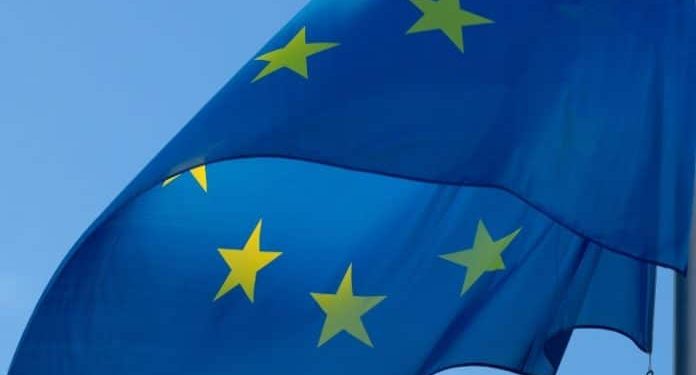Last week, the President of the European Commission Ursula von der Leyen made an ambitious proposal. By 2030, the European Union would aim to reduce greenhouse gas emissions by at least 55 percent below their 1990 levels.
And this is just an intermediate target. The final goal is for the EU to become climate neutral by 2050, as stated in the European Green Deal.
These goals are appropriately ambitious, while also realistic and achievable. Climate change mitigation is not a luxury but a necessity if we want to avoid a climate crisis.
To limit global warming to 1.5°C above pre-industrial levels—a level considered relatively safe by climate experts—the whole world would need to become climate neutral by 2050, and the EU is leading the way.
The road ahead
Implementing such a significant reduction in emissions will not be easy. It will require a major shift in the structure of the European economy toward greater reliance on renewable energy and higher energy efficiency.

Two new IMF papers suggest that a carefully designed package of policies would allow the EU to achieve its emission goals while maintaining dynamic growth. With a careful sequencing, these policies would also support the economic recovery from the COVID-related recession.
Climate-friendly growth strategy
The unprecedented mobilization of public resources at the country and EU level to combat the crisis should be used to build an economy that is sustainable and more resilient.
Prioritizing investments in green and digital technologies would lead to job-rich growth in the EU in the near term. As the recovery takes hold, a progressive increase in carbon prices would provide much-needed revenues while creating greater incentives to invest in clean technologies and energy efficiency.
The strategy should include the following elements.
A gradually increasing carbon price
A carbon price that covers all emissions and rises progressively over time is the most efficient mechanism to ensure that households and firms adjust their behavior to reduce emissions in a cost-effective way. Carbon pricing provides incentives both to reduce energy consumption and to shift to cleaner sources of energy.
The EU’s Emissions Trading System has been successful in controlling emissions. But coverage, which is currently limited to power generation and large industries, should be expanded to all sectors.
The predictability of the price signal can be strengthened by establishing a gradually rising price floor for emissions permits. The current low commodity prices also provide a good opportunity to phase out remaining fossil fuel subsidies and tax exemptions.
Use carbon pricing revenues to support sustainable growth
The revenues could be used to reduce (or avoid increasing) labor and other distortionary taxes, stimulate productive green investment, and support those affected by the green transition.
Our study shows that with an efficient use of resources, the economic cost of climate policies is very low even in the near term. Over the long run, the economic and health benefits in terms of lower pollution, better air quality, and avoided environmental damages far exceed any short-term costs. Put simply, the cost of inaction is much greater than the cost of action.
Support green investments and targeted nonprice policies
Carbon pricing alone is not sufficient to rapidly decarbonize in some sectors, such as transport and buildings. Complementary policies are essential to address specific obstacles, including financing constraints, incomplete markets, and the availability of public goods.
For example, governments can direct capital spending toward network infrastructure, including electric vehicle charging stations and power grids to support electrification and cleaner energy generation.
They could also help promote innovation in emerging technologies, such as hydrogen generation and new methods for carbon capture and storage. Financing constraints for individuals and firms could be eased, for example, through low-cost financing for energy-efficient renovations of buildings. Other nonprice policies, such as feebates (a sliding scale of taxes and rebates on products linked to their emission rates), standards, and regulations also have an important role to play in specific areas.
Ensure a just transition
Households and workers that are most adversely affected by the move away from carbon-intensive activities should be supported. For the green transformation to be successful, it has to be just and equitable.
Support could include direct transfers to low-income households and training and job-placement help for workers. As the EU expands the coverage of carbon prices to more sectors, low-income member states most affected by higher prices on emissions would need to be supported as well.
Prevent “carbon leakage” through global cooperation
The EU accounts for just 10 percent of global emissions and cannot stop global warming on its own. An agreement on a carbon pricing floor among major emitting countries would be the best way to reduce global emissions and prevent “carbon leakage” (shift of emissions-intensive production to countries with lower carbon prices).
In the absence of such an agreement, leakage could be prevented by applying the same carbon prices to the same products irrespective of where they are produced.
The recovery effort from the current crisis provides an opportunity to accelerate the shift to a greener, sustainable, and fairer economy.
The EU is embracing this opportunity and we are confident that it can achieve its goals and demonstrate to the world the benefits of shifting to a low-carbon economic model.








